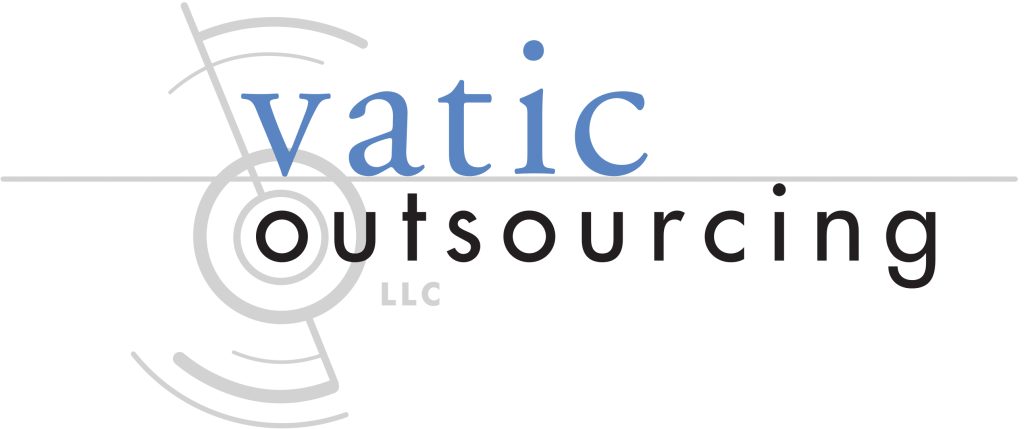The Benefits of Robotic Process Automation Explained

In recent years, robotic process automation (RPA) has quickly grown to be one of the most fundamental operations contributing to organizations' long-term success. RPA, in the grand scheme of things, is simply one component of today's business technology puzzle. However, RPA frequently serves as a gateway to automation's convenience and speed for businesses. Your staff can now do more every day because rules-based software robots are handling repetitive activities that are frequently marred by human error.
The first step to a successful deployment is understanding why RPA is essential in today's corporate world. The ability to flawlessly explain the benefits of RPA is also crucial for obtaining buy-in from those in positions of authority. You must understand how RPA may save money, minimize mistakes, enhance agility, and support your case as an investment. In this blog, we'll help you do just that by briefly covering some of the many advantages of robotic process automation and how it can help your team create a more successful and productive environment.
What is robotic process automation?
Robotic process automation (RPA) is a software solution that may be used by anybody to automate digital activities. Users develop "bots" with RPA, which can learn, mimic, and then execute rules-based business processes automatically. Users may program bots by simulating human digital actions with RPA. Simply show your bots what to do, and then leave them to it. Robotic process automation software bots can work with any application or system in the same way that humans can, but oftentimes at a much quicker pace while being more precise and without downtime.
Similar to
outsourced telecom management, RPA can help you speed up your processes, maximize your savings, and free up your valuable resources, creating a more streamlined workflow that benefits the entire team.

What are the benefits of RPA?
The benefits of robotic process automation are numerous and constantly evolving, as automation and AI software continue to develop. Each industry should aware of where RPA is applicable and what values it can offer to their business in view of the evolution of the operating model as well as the IT landscape. Below are eight of the most significant benefits of robotic process automation.
Boost Productivity
To put it simply, with RPA you can let employees work on what they excel at, and let robots handle the tasks that slow them down. When employees have to spend time on tedious tasks, such as copying and pasting information between systems, they have less time for more vital activities. With low-level and back-office work duties split between humans and robots, you can easily do more with the same amount of time.
Improve Efficiency
The ability to add value is critical for more than just keeping employees from wasting time on repetitive activities. The use of RPA technologies in conjunction with a human workforce results in lower spending. In departments such as accounts payable or receivable, employees frequently migrate data from one portal to another. With RPA, processing times are reduced, errors are prevented, and costly mistakes are avoided. Processing costs go down as a result of RPA, and per-employee output rises.
Increase Accuracy
What if human mistakes were no longer a problem in some of your company's most vital processes? Businesses may incur real and unexpected expenses as a result of errors in key departments such as accounts payable. Automating your data validation process can help your team achieve an accuracy rate of 100%, ensuring that you avoid costly errors.
It's critical to note that RPA isn't a ready-made solution. It still needs to be tested and trained, as well as governed. However, businesses that invest in RPA don't have to worry about the bots making the same mistakes that an employee could make because the business processes are properly optimized and accurately mapped for the program to follow.
Improve Security
A major worry that company executives have about the use of RPA tools is the potential impact on operational risk. Data leaks and breaches are already all too common, and managers may be concerned about the robustness of such technology. Leaks between platforms are considerably less likely when your team carefully manages and precisely specifies RPA parameters.
As the bot only performs the single task it was assigned, there is no chance of information leakage from one platform to another. The use of this technique ensures that information is accessed in a secure and controlled way. In nations with stringent personal data laws, using RPA allows businesses to minimize the number of human interactions they have with data, ensuring they are compliant with all data security laws.
Seize Scalability Opportunities
Robotic process automation allows for adaptability in the face of changing demands for the type and amount of tasks required for each objective. A company may, for example, receive a larger number of orders during a particular period of time. That firm, in the absence of automation, might need to recruit temporary employees or reallocate existing personnel from other responsibilities to deal with the workload.
In contrast, robotic automation may assist organizations in meeting the specific objectives set by management. Because the robotic workforce may be customized to meet changing market demands at any time and at a moment's notice, even smaller enterprises can manage the constantly evolving market requirements.
Gain a Better Understanding of Analytics
There are several workflow analytics tracking systems, but no person can be tracked as well as an automated robotic procedure. A clean grid of activities and timelines may be established, and the effectiveness of an RPA tool can be monitored down to the tiniest activity and time increment. In many situations, RPA usage helps to identify process gaps and areas where improvements are still required, allowing you to further improve every facet of your workflow.
Information that is collected, compared, and distinguished from other data in multiple sectors helps to make better decisions at both the micro and macro levels. Furthermore, by monitoring the RPA system's operations and results on a regular basis, its planning and governance may be improved by precisely and clearly measuring the outcomes.
Enhance Customer Service
Today's organizations may struggle to meet a wide range of consumer requirements. Employees in an RPA-adopting firm, on the other hand, can better focus on client service since routine activities are delegated to a program.
Customer service is a time-consuming, high-commitment activity that takes up a lot of employees' time. Staff may devote more attention to clients by spending less time on routine administrative duties by assigning tedious tasks to an automated system. With many low-level customer queries handled automatically, providing consumers a better experience overall, you'll notice an increase in client satisfaction and resolution times.
Non-Disruptive Automation
Automation is a known factor of doing business for new firms. For older businesses that have expanded and evolved over many years, however, integrating robotic process automation with legacy systems might appear to be a more challenging task.
In reality, RPA tools, especially those based on no-code platforms, don't demand that you rip out and replace all legacy systems. In fact, it's easier to teach most robots legacy software since these tools have functionality that mimics human user actions—such as clicks and keystrokes. RPA allows businesses to test the waters as they evaluate end-of-life alternatives for legacy deployments.

Get Ahead of the Competition With Robotic Process Automation From Vatic Outsourcing
If you're looking to stay ahead of your competition by taking full advantage of the future of robotic process automation in your daily tasks, look no further than the team at Vatic Outsourcing. Our team of experts is at the forefront of this cutting-edge technology and can help your business streamline its operations and improve efficiencies across all areas. With our expert guidance and support, you can utilize everything that RPA has to offer. Contact us today to learn more about how we can help you with all of your business needs, from robotic process automation to telecom expense management.

Shawn Purcell
CIO/CMO/CPO
As a founding partner, and member of the executive team at Vatic Outsourcing, Shawn Purcell initiated and continues to manage strategic relationships in telecom expense management (TEM) and mobile device management (MDM). He heads up the day-to-day management of Vatic Outsourcing’s business objectives, including technical infrastructure and strategic training of sales and support staff. Shawn also oversees Vatic’s enhanced services group, which delivers TEM and MDM services to clients and the Help Desk team. In addition to his executive-oversight responsibilities, Shawn continues to spend half of his time in a customer-facing role.








